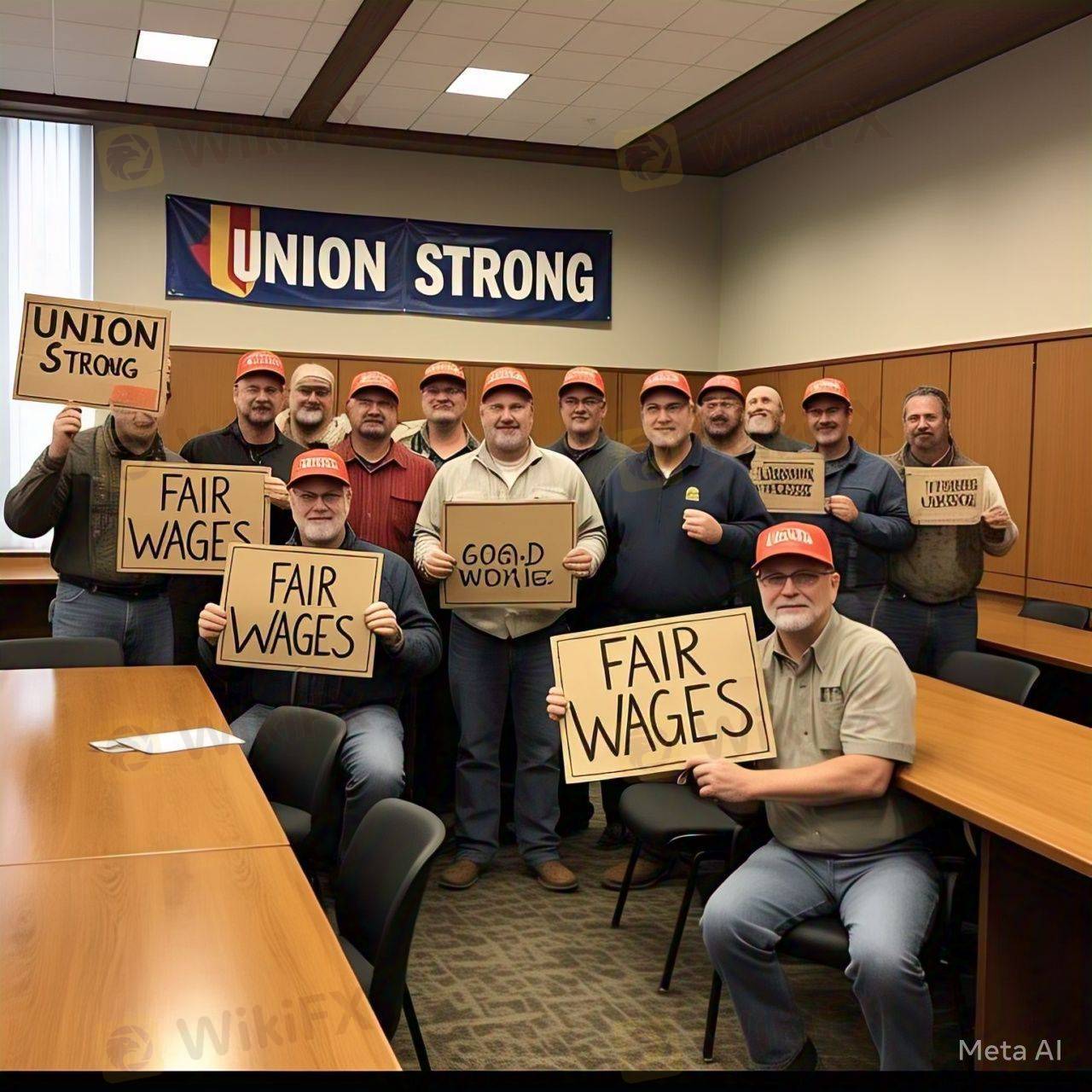
2025-02-17 16:37
IndustryLabor Unions: Impact on Wages and Jobs
#firstdealofthenewyearastylz#
Labor unions have been a cornerstone of the labor movement, advocating for workers' rights, better wages, and improved working conditions. The impact of labor unions on wages and jobs is a topic of ongoing debate among economists, policymakers, and business leaders. Here's an in-depth analysis of the effects of labor unions on wages and jobs:
Impact on Wages
1. *Wage Premium*: Studies have consistently shown that unionized workers earn higher wages than non-unionized workers. The wage premium for unionized workers ranges from 10% to 20% (Freeman & Medoff, 1984).
2. *Collective Bargaining*: Labor unions engage in collective bargaining, which enables them to negotiate better wages and benefits for their members. This collective bargaining power can lead to higher wages and improved working conditions (Farber, 2005).
3. *Industry-wide Wage Standards*: Labor unions can establish industry-wide wage standards, which can help to reduce wage inequality and promote fair compensation practices (Kaufman, 2015).
Impact on Jobs
1. *Job Security*: Labor unions often negotiate collective bargaining agreements that include provisions for job security, such as just-cause termination and seniority-based promotions (Budd, 2013).
2. *Employment Protection*: Labor unions can provide employment protection for workers, which can lead to reduced turnover rates and improved job stability (Gomez, 2013).
3. *Training and Development*: Labor unions can negotiate training and development programs, which can enhance workers' skills and improve their employability (Osterman, 2013).
Criticisms and Challenges
1. *Job Losses*: Critics argue that labor unions can lead to job losses, particularly in industries where unionization is high and wages are above market rates (Hirsch, 2008).
2. *Inflexibility*: Labor unions can create inflexibility in the labor market, making it difficult for firms to adjust to changing market conditions (Katz, 2013).
3. *Decline of Union Membership*: The decline of union membership in many countries has reduced the bargaining power of labor unions, making it more challenging for them to negotiate better wages and working conditions (Bryson, 2013).
Conclusion
Labor unions have a significant impact on wages and jobs. While they can lead to higher wages, improved working conditions, and job security, they can also create inflexibility in the labor market and lead to job losses. As the labor market continues to evolve, it's essential to consider the role of labor unions in promoting fair compensation practices, job security, and workers' rights.
Like 0

Frosh202
Broker
Hot content
Industry
Event-A comment a day,Keep rewards worthy up to$27
Industry
Nigeria Event Giveaway-Win₦5000 Mobilephone Credit
Industry
Nigeria Event Giveaway-Win ₦2500 MobilePhoneCredit
Industry
South Africa Event-Come&Win 240ZAR Phone Credit
Industry
Nigeria Event-Discuss Forex&Win2500NGN PhoneCredit
Industry
[Nigeria Event]Discuss&win 2500 Naira Phone Credit
Forum category

Platform

Exhibition

Agent

Recruitment

EA

Industry

Market

Index
Labor Unions: Impact on Wages and Jobs
 Hong Kong | 2025-02-17 16:37
Hong Kong | 2025-02-17 16:37#firstdealofthenewyearastylz#
Labor unions have been a cornerstone of the labor movement, advocating for workers' rights, better wages, and improved working conditions. The impact of labor unions on wages and jobs is a topic of ongoing debate among economists, policymakers, and business leaders. Here's an in-depth analysis of the effects of labor unions on wages and jobs:
Impact on Wages
1. *Wage Premium*: Studies have consistently shown that unionized workers earn higher wages than non-unionized workers. The wage premium for unionized workers ranges from 10% to 20% (Freeman & Medoff, 1984).
2. *Collective Bargaining*: Labor unions engage in collective bargaining, which enables them to negotiate better wages and benefits for their members. This collective bargaining power can lead to higher wages and improved working conditions (Farber, 2005).
3. *Industry-wide Wage Standards*: Labor unions can establish industry-wide wage standards, which can help to reduce wage inequality and promote fair compensation practices (Kaufman, 2015).
Impact on Jobs
1. *Job Security*: Labor unions often negotiate collective bargaining agreements that include provisions for job security, such as just-cause termination and seniority-based promotions (Budd, 2013).
2. *Employment Protection*: Labor unions can provide employment protection for workers, which can lead to reduced turnover rates and improved job stability (Gomez, 2013).
3. *Training and Development*: Labor unions can negotiate training and development programs, which can enhance workers' skills and improve their employability (Osterman, 2013).
Criticisms and Challenges
1. *Job Losses*: Critics argue that labor unions can lead to job losses, particularly in industries where unionization is high and wages are above market rates (Hirsch, 2008).
2. *Inflexibility*: Labor unions can create inflexibility in the labor market, making it difficult for firms to adjust to changing market conditions (Katz, 2013).
3. *Decline of Union Membership*: The decline of union membership in many countries has reduced the bargaining power of labor unions, making it more challenging for them to negotiate better wages and working conditions (Bryson, 2013).
Conclusion
Labor unions have a significant impact on wages and jobs. While they can lead to higher wages, improved working conditions, and job security, they can also create inflexibility in the labor market and lead to job losses. As the labor market continues to evolve, it's essential to consider the role of labor unions in promoting fair compensation practices, job security, and workers' rights.
Like 0
I want to comment, too
Submit
0Comments

There is no comment yet. Make the first one.

Submit
There is no comment yet. Make the first one.